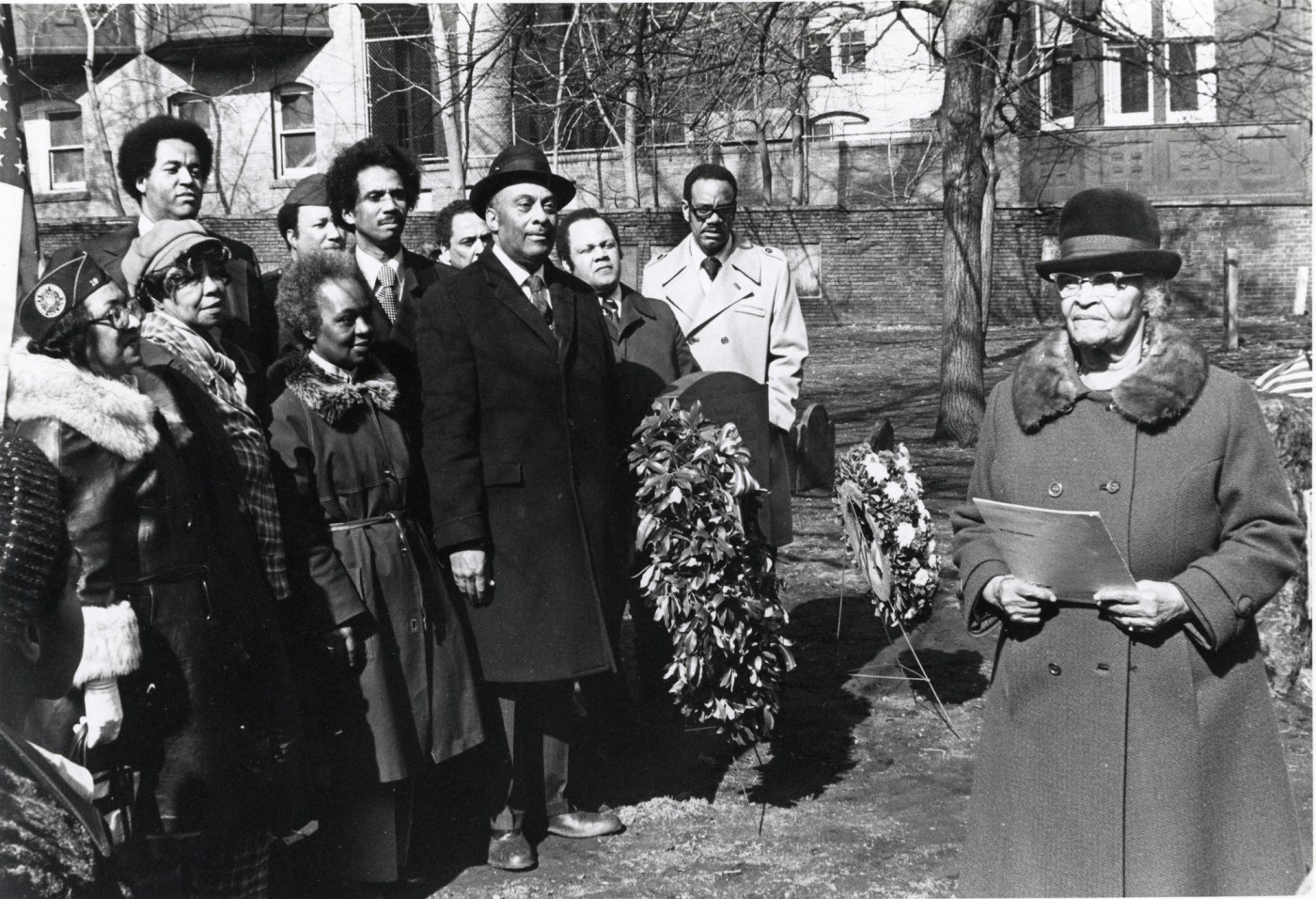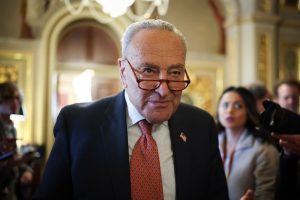
Gaskin: Hub history education must include Black women
Recognizing that over 85% of Boston’s student body consists of students of color, a group of Boston Public School administrators and educators are working to develop an inclusive curriculum. They believe that students deserve to learn Black history beyond the limited availability of Advanced Placement courses. Boston’s rich history, significantly shaped by Black women, provides ample material for meaningful integration into education.
The era spanning the American Civil War and the post-Reconstruction period was transformative, particularly for Black Americans. In Boston, a dynamic community of Black women actively reshaped society through groundbreaking achievements in education, business, the arts, and social activism. Figures such as Alice A. Casneau, Geraldine Pindell Trotter, and Florida Ruffin Ridley exemplified resilience, innovation, and a relentless pursuit of justice, laying critical groundwork for future generations.
Business and Entrepreneurship
The Post-Reconstruction era offered limited opportunities, but women like Cora Reid McKerrow seized them boldly. McKerrow founded Reid Funeral Home in 1926, becoming one of Boston’s earliest successful Black female entrepreneurs. Similarly, Esterene Z. Roundtree provided crucial real estate services, ensuring housing access for Black families. Estella Lee Crosby operated a successful beauty salon and retail clothing store, contributing significantly to community growth and activism.
Educational Contributions
Education served as a cornerstone of progress, and Boston’s Black women educators expanded intellectual and professional opportunities. E. Alice Taylor established a branch of Annie Malone’s Poro Beauty School, providing vital vocational training. Maria Louise Baldwin, one of Boston’s first Black public school principals, tirelessly advocated for racial and gender equality. Rachel M. Washington, the first Black graduate of the New England Conservatory of Music, nurtured artistic talent within the community. Harriet Lummis Smith broke racial barriers teaching mathematics and Latin in Boston Public Schools before establishing a successful writing career.
Activists and Community Leaders
Geraldine Pindell Trotter emerged as a significant voice through her editorial work at The Boston Guardian. Florida Ruffin Ridley leveraged her role as an educator and editor to combat racial injustice and promote women’s suffrage. Melnea A. Cass profoundly impacted social welfare initiatives through her involvement in numerous community and civil rights organizations. Mary Evans Wilson significantly advanced civil rights through her grassroots leadership in the NAACP.
Women in the Arts
Pauline Elizabeth Hopkins challenged racial discrimination through literature and as editor of Colored American Magazine. Florence B. Price gained national recognition as the first Black woman symphonic composer, her compositions performed by major orchestras. Gladys A. Moore Perdue enriched Boston’s cultural life as a pianist and organist. Myrtle Hart broke barriers in classical music, performing nationally at prestigious venues.
Health, Science, and Social Services
Alice Woodby McKane, specializing in women’s health, became actively involved in social and political causes, including the women’s suffrage movement, was a member of the National Association for the Advancement of Colored People (NAACP), served as a Republican committee woman and authored two books: “The Fraternal Sick Book” (1913) and a poetry collection titled “Clover Leaves” (1914). Jessie G. Garnett, Boston’s first Black female dentist, overcame numerous barriers to deliver essential dental care. Caroline Still Wiley Anderson, a pioneering physician and educator, considerably advanced medical and educational opportunities for African Americans.
Women’s Rights and Suffrage
Fannie Barrier Williams advocated fiercely for women’s rights and educational reform, significantly influencing organizations like the NAACP. Angelina Weld Grimké utilized her literary talents to confront racial injustice, becoming an influential civil rights advocate. Charlotte Hawkins Brown founded the Palmer Memorial Institute, promoting educational opportunities and social uplift for African Americans.
Community and Religious Leaders
Hattie B. Cooper notably influenced social services and education by establishing the Hattie B. Cooper Community Center. Julia O. Henson actively supported Black troops during World War I and co-founded key organizations, including the Harriet Tubman House. Josephine Holley’s activism in housing and women’s suffrage drove meaningful community change.
Higher Education
Alberta V. Scott, Radcliffe College’s first Black woman graduate, set important educational precedents. Lydia Grinnell Brown, Simmons College’s first Black woman graduate, advocated for civil rights internationally. Ella Smith became Wellesley College’s first Black woman to earn a master’s degree, dedicating herself to preserving Black history through the Elbert Collection.
Journalism and Literature
Lillian A. Lewis, Boston’s first Black woman journalist, significantly influenced local and national publications. Maud Cuney Hare enriched Boston’s cultural and literary circles as an influential musicologist and educator. Maude Trotter Steward notably managed her brother’s newspaper The Guardian, becoming one of the first female publishers.
Activists and Educators
Lucy Miller Mitchell successfully advocated for affordable childcare services, instrumental in establishing state daycare licensing laws. Gladys Holmes significantly advanced literacy through her leadership at the League of Women for Community Service. Nadine Fortune Wright’s civil rights activism and educational contributions deeply influenced local communities.
Leaders and Visionaries
Martha Thurston compassionately founded elder care services, providing critical support for elderly Black women. Emma Thomas Bond’s advocacy exemplified the resilience and strength of African American women in the post-slavery era. Harriet Ware Hall’s literary works offered essential insights into Black intellectual life in Boston. Virginia Isaacs Trotter effectively managed her family’s resources, actively supporting civil rights movements.
Through their collective achievements, these extraordinary women created lasting foundations for social justice, equality, and community advancement. Their legacies highlight the vital importance of including these narratives in education, affirming resilience, innovation, and justice as cornerstones of Boston’s — and America’s — true history.
Ed Gaskin is Executive Director of Greater Grove Hall Main Streets and founder of Sunday Celebrations

